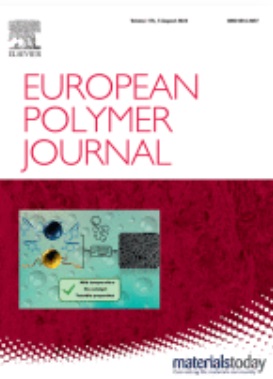Nanotechnology is one of the most intensively exploited approaches to improve cancer therapies. The role of the nanocarriers is to deliver the cargo safely to the tumor but also to enhance the treatment with additional therapeutic modalities and functions such as imaging or sustained drug release. Polymeric materials are often chosen for the role due to the controllable synthesis and properties such as size, shape and easy surface modification. In addition, certain materials enable combined treatment resulting in a synergistic therapeutic outcome. However, such particles are often easily recognized by the immune system and cleared from the bloodstream. Biological membranes have been intensively researched as perfect candidates for improving the biosafety and targeting properties of anticancer therapeutics. Different origins of reported membrane-coated drug delivery systems include red blood cells, cancer cells, platelet, and others. Each type of membrane source equips the nanoformulations with additional biological activities, such as prolonged blood retention, immune escape or targeting of the tumor sites. This review summarizes the efforts put into developing the biomimetic polymeric nanocarriers for efficient cancer treatment.
